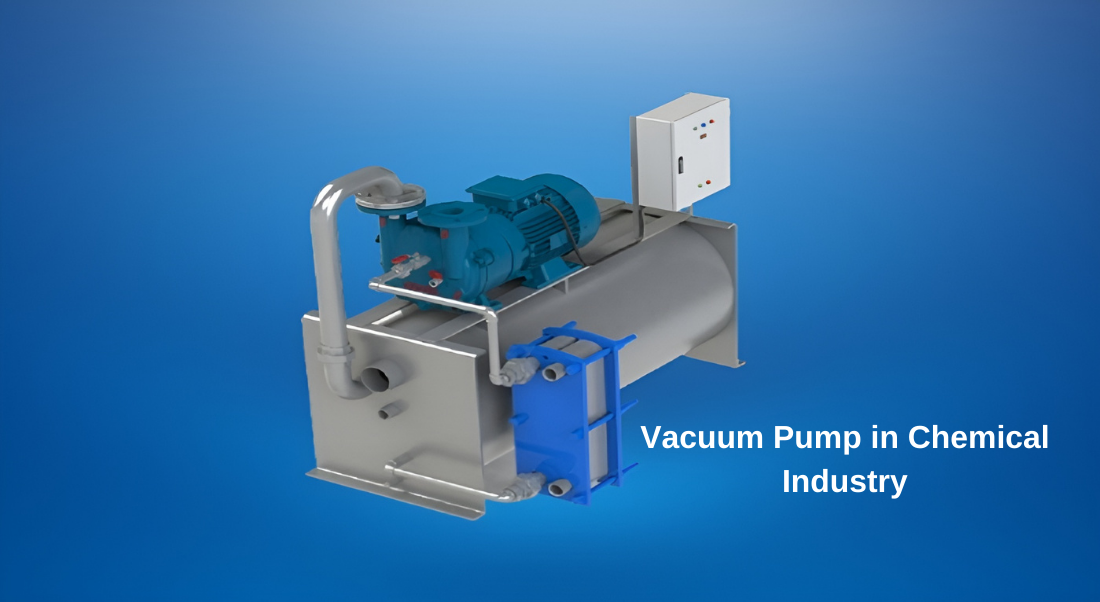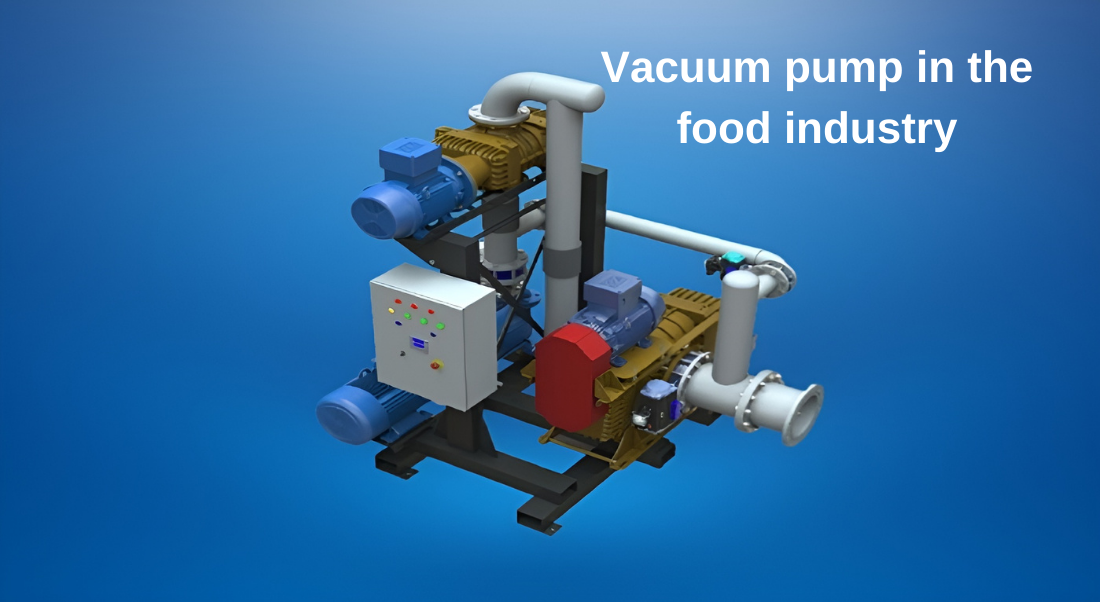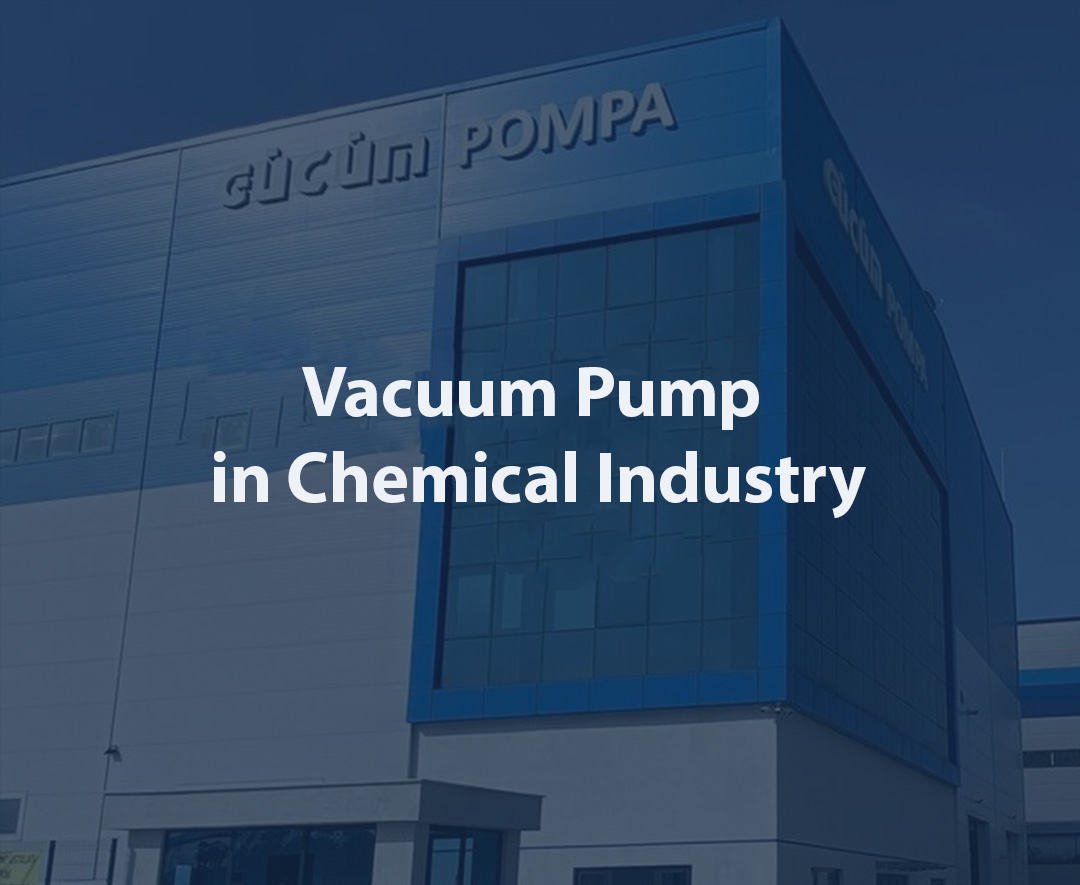Vacuum Pump in Chemical Industry
Contents
- In Which Processes Are Vacuum Pumps Commonly Used in the Chemical Industry?
- What Is the Role of Vacuum Pumps in the Chemical Industry and How Are They Integrated into Processes?
- How Can Vacuum Pumps Be Effective in Material Processing Processes in the Chemical Industry?
- For What Purposes Are Vacuum Pumps Used in Chemistry Laboratories and What Is the Importance of This Usage?
- How Are Vacuum Pumps Used in Chemical Reactions and Distillation Processes?
- How Can the Use of Vacuum Pumps in the Chemical Industry Increase Product Quality?
- What Are the Safety Standards and Compliance Requirements for Vacuum Pumps in the Chemical Industry?
In Which Processes Are Vacuum Pumps Commonly Used in the Chemical Industry?
Vacuum pumps are commonly used in various important processes in the chemical industry. Especially, during chemical reactions, vacuum pumps are used to remove solvents or vapors from reaction mixtures. This process enhances reaction efficiency and reduces the formation of unwanted by-products. Additionally, vacuum pumps play a critical role in the distillation and purification of chemical substances. During distillation processes, vacuum pumps reduce the pressure in the distillation column, allowing liquids to vaporize at lower temperatures. This results in obtaining purified components and makes the distillation process more efficient. Vacuum pumps are also utilized in the production of catalysts, drying concentrated solutions, and vacuum-assisted filtration, among other chemical processes. Consequently, vacuum pumps play a vital role in enhancing product quality, improving efficiency, and optimizing processes in the chemical industry.

What is the Role of Vacuum Pumps in the Chemical Industry and How are They Integrated into Processes?
Vacuum pumps play a crucial role in the chemical industry and are effectively integrated into various processes. Firstly, vacuum pumps are used during chemical reactions to remove solvents or by-products. Additionally, they play a critical role in the distillation and purification of chemical substances. During distillation, vacuum pumps lower the pressure in the distillation column, allowing unwanted components to vaporize at lower temperatures, thus obtaining purified products.
Vacuum pumps are also utilized in other chemical processes such as catalyst production, drying of concentrated solutions, and vacuum-assisted filtration. In these processes, vacuum pumps enhance efficiency, improve product quality, and reduce energy consumption.
In the chemical industry, vacuum pumps are used through proper integration into processes. This integration involves selecting and installing vacuum pumps according to process requirements. Additionally, regular monitoring and maintenance of vacuum pumps are essential to ensure process reliability and efficiency. Consequently, vacuum pumps play a vital role in various processes in the chemical industry and offer significant advantages when properly integrated.
How Can Vacuum Pumps Be Effective in Material Processing Processes in the Chemical Industry?
Vacuum pumps have a significant impact on material processing processes in the chemical industry. Particularly during the processing of chemical substances, vacuum pumps are used in processes such as removal of solvents, concentration of reaction mixtures, and drying of materials. Vacuum enhances the processing of materials and improves product quality. For example, drying under vacuum accelerates the drying process, thereby speeding up production. Additionally, processes conducted under vacuum result in more homogeneous material processing and easier quality control.
Vacuum pumps are also employed for the safe handling and processing of toxic or flammable substances in material processing processes. This ensures worker health and safety while reducing operational risks.
In conclusion, vacuum pumps play a crucial role in material processing processes in the chemical industry by enhancing process efficiency, improving product quality, and ensuring safety. This increases industry efficiency and reduces costs.

For What Purposes are Vacuum Pumps Used in Chemistry Laboratories and What is the Importance of This Usage?
Vacuum pumps are used in chemistry laboratories for various purposes. Especially, they are used in processes such as drying reaction mixtures, removing solvents, vacuum filtration, and distillation carried out under vacuum. These pumps not only enhance the efficiency of laboratory work but also provide a precise and controlled environment. The use of vacuum pumps in chemistry laboratories is crucial for obtaining accurate results and reliable data. Particularly, vacuum pumps capable of operating under specific pressures allow reactions and processes to be conducted under desired conditions, enhancing the reliability of laboratory work and providing researchers with accurate results.
How Are Vacuum Pumps Used in Chemical Reactions and Distillation Processes?
Vacuum pumps play a significant role in chemical reactions and distillation processes. In chemical reactions, vacuum pumps are used to remove gases or evaporable liquids from the reaction environment. This increases the reaction rate and reduces the formation of unwanted by-products. In distillation processes, vacuum pumps reduce the pressure in the distillation column, allowing liquids to vaporize at lower temperatures. This results in the purification of components and improves the efficiency of the distillation process. Vacuum pumps can also be used to condense vapors obtained during distillation. Proper use of vacuum pumps in chemical reactions and distillation processes ensures the efficient production of desired products and enhances the reliability of laboratory or industrial processes, thereby improving product quality and optimizing process efficiency.
How Can the Use of Vacuum Pumps Enhance Product Quality in the Chemical Industry?
The use of vacuum pumps in the chemical industry can enhance product quality because vacuum pumps are effectively utilized in various important processes. Particularly, in chemical reactions and distillation processes, vacuum pumps reduce the formation of unwanted by-products and enable the production of purified products. Vacuum pumps are also employed in processes such as drying concentrated solutions and vacuum-assisted filtration, which further enhance product quality. Moreover, operations conducted under vacuum allow materials to be processed more homogeneously and facilitate easier quality control. As a result, vacuum pumps enhance product quality in the chemical industry by enabling processes to be carried out in a more controllable, efficient, and reliable manner. This contributes to the production of higher quality products and makes industrial processes more competitive.
What are the Safety Standards and Compliance Requirements for Vacuum Pumps in the Chemical Industry?
The use of vacuum pumps in the chemical industry is subject to specific safety standards and compliance requirements. These standards cover various aspects from the design and manufacture to the use of pumps. Firstly, the material selection and construction of vacuum pumps should be resistant to chemical substances and be safe against explosions. Additionally, the installation and maintenance of pumps should be carried out by authorized and trained personnel following appropriate procedures. Proper installation and regular maintenance of pumps are critical to ensuring operational safety. Furthermore, environments where vacuum pumps are used should have suitable measures in place for emergencies such as fire suppression and gas leaks. Ultimately, the use of vacuum pumps in the chemical industry should comply with national and international safety standards and compliance requirements to ensure operational safety and protect the health of workers.
